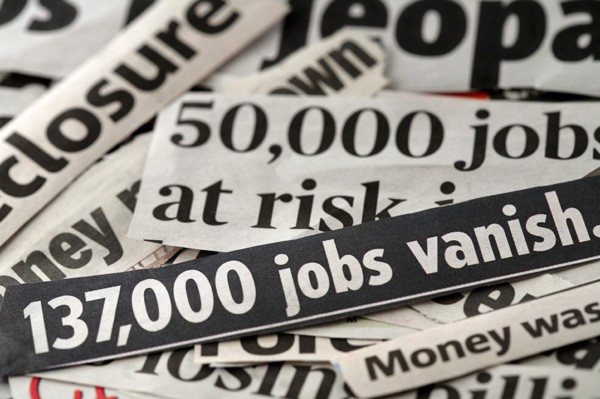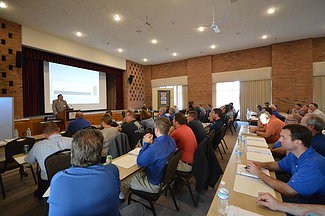
Competing in the Age of Frugal Spending…
After the 2001 recession, caused by the Y2K scare, the U.S. consumer base greeted the strengthened economic state with spending spree. In comparison, today’s frugality among consumers, which began during our last recession, is outliving the recessionary period. This trend has created a slow economical trend, making it more and more difficult to compete within a given industry. The unprecedented global economic slowdown is affecting virtually every country, market, and service offering. It has become unavoidable, and the worst thing you can do is ignore it. State and nation level economic stimulus packages have been implemented, and are sure to help. But to survive this economic age of frugal spending, construction firms leadership will have to develop plans that include a delicate balance of controlling costs while increasing visibility in their market.
The unprecedented global economic slowdown is affecting virtually every country, market, and service offering. It has become unavoidable, and the worst thing you can do is ignore it. State and nation level economic stimulus packages have been implemented, and are sure to help. But to survive this economic age of frugal spending, construction firms leadership will have to develop plans that include a delicate balance of controlling costs while increasing visibility in their market.
The following are four common practices to stay competitive in a slow economy:
1. Differentiate
 The best way to excel during times of frugal spending and slow economic periods is to differentiate your firm. Differentiation can come in many forms, easiest of which is service differentiation. There is no excuse for poor service, and in an age where every client matters, service always has to be on the top our your employees mind. This includes responding promptly to emails, answer customer concerns, as well as a long list of other qualities.
The best way to excel during times of frugal spending and slow economic periods is to differentiate your firm. Differentiation can come in many forms, easiest of which is service differentiation. There is no excuse for poor service, and in an age where every client matters, service always has to be on the top our your employees mind. This includes responding promptly to emails, answer customer concerns, as well as a long list of other qualities.
As previously stated, there are countless ways to differentiate your firm. Focus your time and efforts on a few in order to outshine your competition. If you can become known for some attribute/feature of your firm, you are likely to sustain a standing competitive advantage in the industry.
2. Contribution
All employees and stakeholders must contribute in an effort to sell your service. Whether it’s leadership enacting cost reductions, employees taking steps to better client services, or stakeholders bringing your firm new business, everyone has to go the extra mile. If everyone is doing there part, secondary expenses can be lowered, and more money can be funneled into the companies’ bottom line, which results in a better return for all parties.
3. Efficiency
Constantly be on the lookout for ways to tweak operations to peak efficiency levels. Becoming more efficient, being able to do more with less, and the improvement of your overall process is key to remaining competitive during slow economic periods of frugal spending. The thing industry professionals have noticed is often when times are good, no one really spends time figuring out why, but when times are bad, a company forces itself to review all its processes to become more efficient. Is there a learning lesson to be found within this observation? Maybe it is to analyze times of significant growth, so you can learn from your victories as well as your mistakes.
4. Associations
 As competition for clients becomes more and more strenuous, being actively involved in key professional and industry associates becomes a key to success. Involvement in professional associations keeps your firm on the cutting edge of the industry. Associations keep you up-to-date on all the recent technological advancements, what is working, as well as what isn’t, and they keep you connected within the industries network. Being involved, and actively participating, in several key associated will secure positioning as a leader within the industry, and in this time of slow economic activity, that can make all the difference.
As competition for clients becomes more and more strenuous, being actively involved in key professional and industry associates becomes a key to success. Involvement in professional associations keeps your firm on the cutting edge of the industry. Associations keep you up-to-date on all the recent technological advancements, what is working, as well as what isn’t, and they keep you connected within the industries network. Being involved, and actively participating, in several key associated will secure positioning as a leader within the industry, and in this time of slow economic activity, that can make all the difference.
Conclusion
It has been shown that firms that stay competitive during economic slow downturns emerge learner, stronger, and in overall better shape than ever before. Two overriding “lessons learned” were staying positive during rough times, and to do everything to keep you firm’s name in front of clients and prospects, in an effort to keep your firm in a clients top of mind awareness.